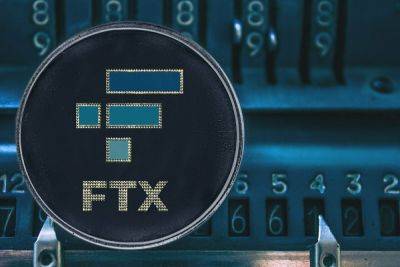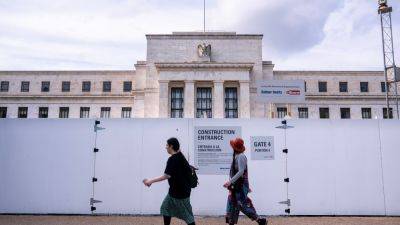South Korea’s Hana Bank to Work on CBDC and Stablecoin Alternatives
South Korea’s KEB Hana Bank is set to work with the central Bank of Korea (BOK) on the latter’s CBDC pilot and stablecoin alternatives, such as tokenized deposits.
Per the newspaper Maeil Kyungjae, Hana Bank is now “actively participating” in the BOK’s ongoing CBDC Proof of Concept project.
The newspaper noted that the BOK and Hana will “actively participate in the preparation” of a “currency system based on blockchain technology.”
The parties are now conducting “internal research” on “tokenized deposits.”
Central banks have looked to popular stablecoins for inspiration in their own CBDC projects.
But they believe they can go one better by improving the design of conventional stablecoins.
They have labeled such coins “private tokenized monies that circulate as bearer instruments.”
As De Blasis et al demonstrated earlier this year, popular stablecoins like the USD-pegged USDT experience some level of price volatility.
And this volatility is something central banks appear keen to avoid at all costs with their CBDC projects.
In April, the Bank for International Settlements (BIS) published a paper on tokenized deposits and their potential to displace stablecoins in the financial and banking sectors.
The BIS claimed that stablecoins “may entail departures in their relative exchange values away from par in violation of the ‘singleness of money.’”
As an alternative, tokenized deposits, also blockchain-powered, “do not circulate as bearer instruments, but rather settle in central bank money” and “are more conducive to singleness,” the BIS wrote.
The BIS also claimed that tokenized deposits may “enable expanded functionality by building on the capacity of programmable ledgers to introduce contingent execution and composability of
Read more on cryptonews.com



















